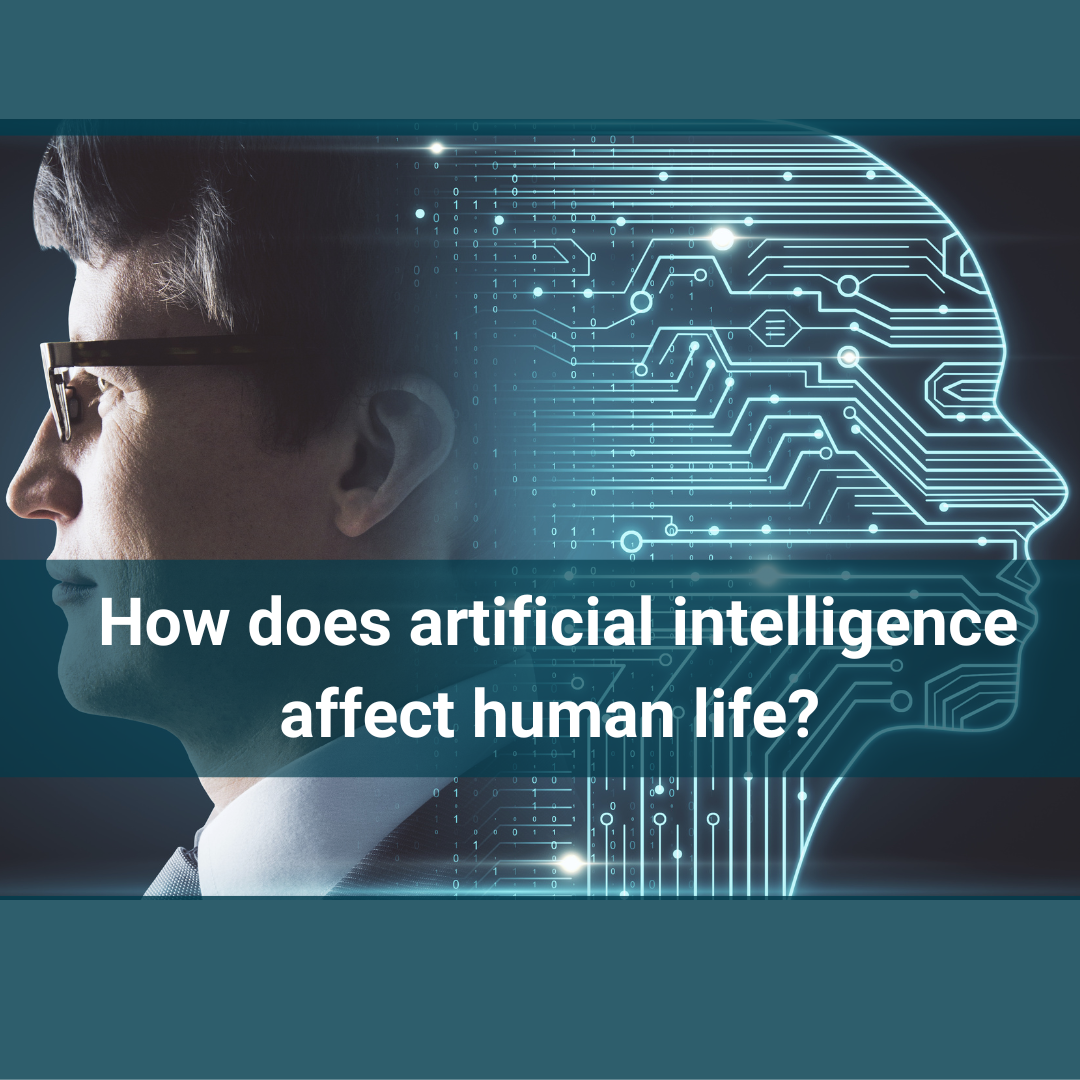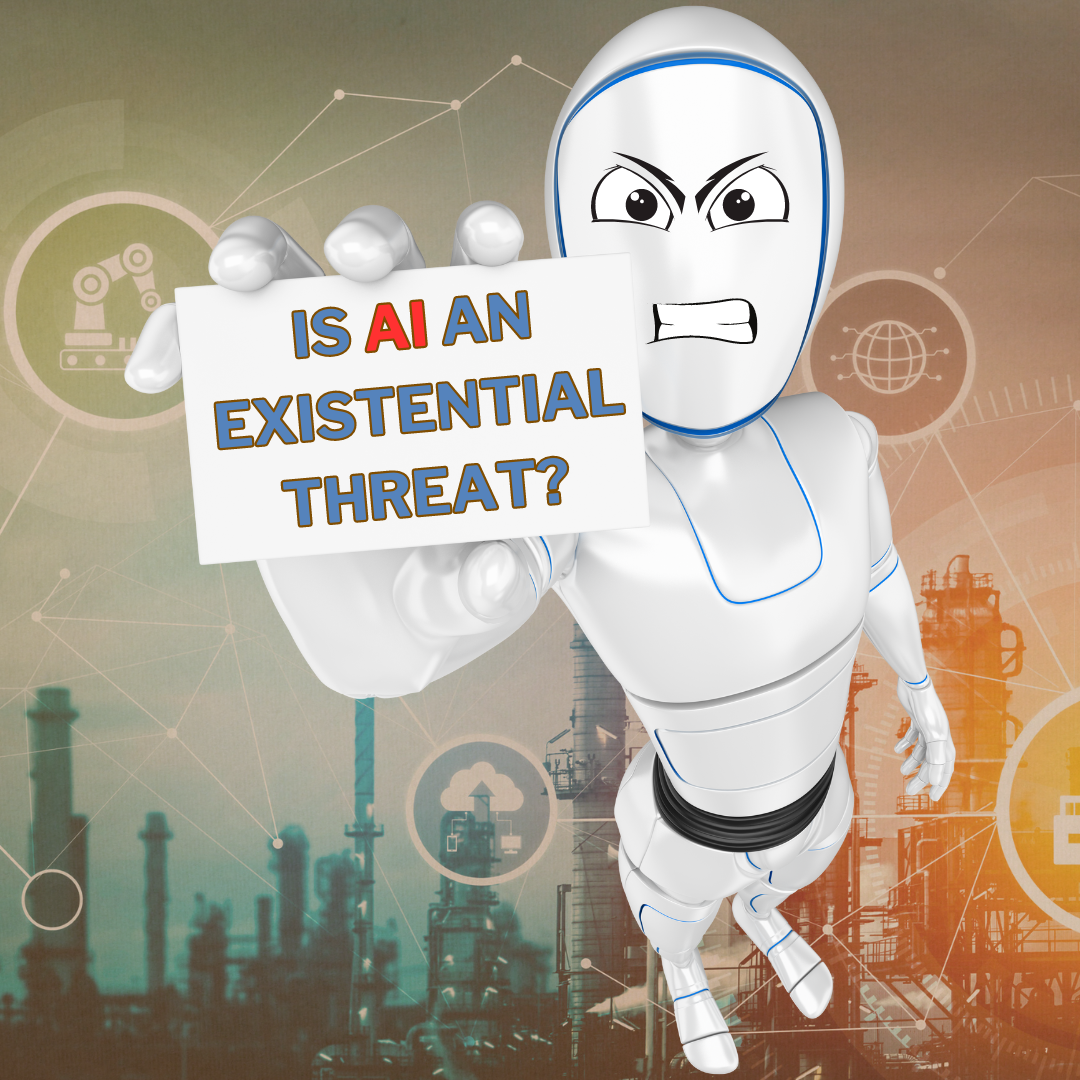How does artificial intelligence affect human life?
From Siri answering your questions to self-driving cars navigating city streets, artificial intelligence (AI) is no longer a futuristic fantasy but a deeply ingrained part of our everyday lives. But how exactly is AI impacting humans? The answer, like the technology itself, is complex and multifaceted, weaving a tapestry of opportunities and challenges.
Revolutionizing Industries:
- Boosting Productivity: AI automates repetitive tasks, freeing up human workers for more creative and strategic endeavors. In manufacturing, robotic arms tirelessly assemble products, while in healthcare, AI analyzes medical scans with superhuman accuracy, aiding diagnoses and treatment decisions. According to a McKinsey Global Institute report, AI could contribute up to $15.7 trillion to the global economy by 2030.
- Unveiling Hidden Patterns: AI excels at crunching massive datasets, identifying patterns and trends invisible to the human eye. In finance, AI algorithms predict market fluctuations, while in environmental research, they uncover climate change patterns, guiding sustainable solutions.
Transforming Daily Experiences:
- Personalized Convenience: AI assistants like Alexa and Google Assistant seamlessly integrate into our homes, controlling smart devices and anticipating needs. Personalized recommendations on streaming platforms and e-commerce sites cater to individual preferences, enhancing user experience.
- Amplifying Human Ability: AI-powered prosthetics enable amputees to regain lost mobility, while speech recognition software empowers individuals with communication disabilities. AI is increasingly bridging the gap between human limitations and potential.
But the story doesn't end there.
AI also presents potential pitfalls:
- Job Displacement: While AI creates new jobs, it also automates existing ones, raising concerns about job displacement and the need for workforce reskilling. A 2017 study by the World Economic Forum estimates that by 2030, up to 800 million jobs could be lost globally due to automation.
- Ethical Dilemmas: As AI algorithms make decisions impacting individuals and society, questions arise about transparency, fairness, and accountability. Biases embedded in training data can lead to discriminatory outcomes, highlighting the need for responsible development and deployment of AI.
Where Digital Marketing Fits In:
In this dynamic landscape, digital marketing plays a crucial role in effectively communicating the impact of AI. By:
- Educating audiences: Marketers can create informative content, explaining the benefits and challenges of AI, fostering informed public discourse.
- Showcasing real-world applications: Highlighting concrete examples of how AI is used in various industries helps audiences understand its tangible impact.
- Humanizing AI: By depicting AI not as a cold, robotic entity but as a tool that complements and amplifies human capabilities, marketers can build trust and acceptance.
The Future is Now:
As AI continues to evolve, navigating its impact requires a nuanced approach. By harnessing its potential responsibly, we can create a future where AI serves humanity, augmenting our capabilities and solving complex challenges. Digital marketing, as a bridge between technology and people, plays a vital role in shaping this future by fostering understanding, trust, and responsible innovation.
Remember, AI is not just about technology; it's about its impact on society. Let's use digital marketing to ensure that impact is positive, inclusive, and empowering for all.




